Center for Multimessenger Astrophysics
Our team at the UM Center for Multimessenger Astrophysics harnesses gravitational waves, electromagnetic radiation, and high energy particles to observe the most cataclysmic cosmic events in the universe unfold and learn the deepest secrets of the most powerful processes in nature.
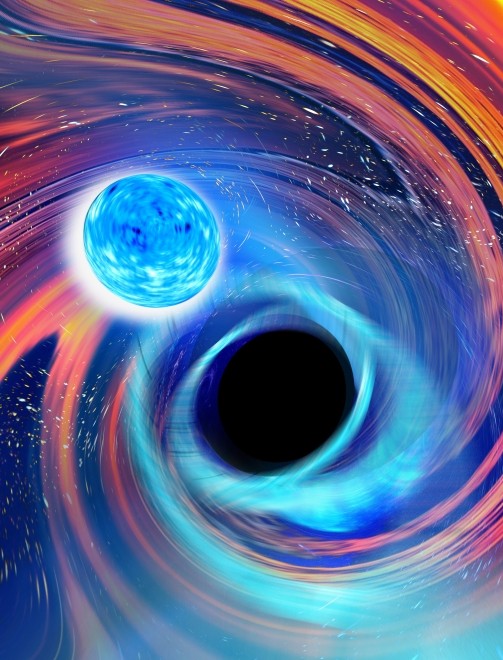
Learning from Cataclysmic Cosmic Events
Our team at the UM Center for Multimessenger Astrophysics works together using interstellar light, particles, and gravity to observe the most cataclysmic cosmic events in the universe unfold and learn the deepest secrets of the most powerful processes in nature. It is the ultimate extension of lying in a meadow at midnight, gazing up at the stars and wondering what's going on up there.
[Above photo credit: Carl Knox, Creative Technologist, OzGrav-Swinburne University]
Upcoming Events
11th Gulf Coast Gravity Meeting
The 11th Gulf Coast Gravity Meeting will be held at the University of Mississippi. Students and postdocs are strongly encouraged to participate, and all areas of gravitational physics—classical and quantum, theory and experiment—are welcome in order to connect all branches of gravitational physics.
- April 11, 2025 - April 12, 2025
- All Day
- Lewis 101
-
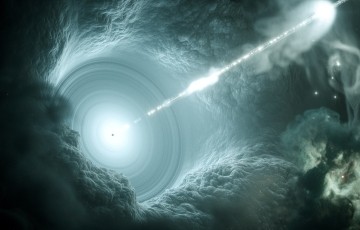
About the Center for Multimessenger Astrophysics
Learn about the history, mission, and people associated with the Center.
About the Center -
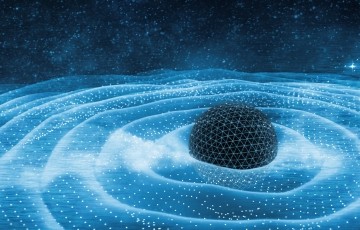
Research Associated with the Center
The research conducted by members of the UMCMA spans the full range of multimessenger astrophysics, including gravitational waves, high energy particles, and electromagnetic radiation.
Research in Multimessenger Astrophysics
Community Engagement
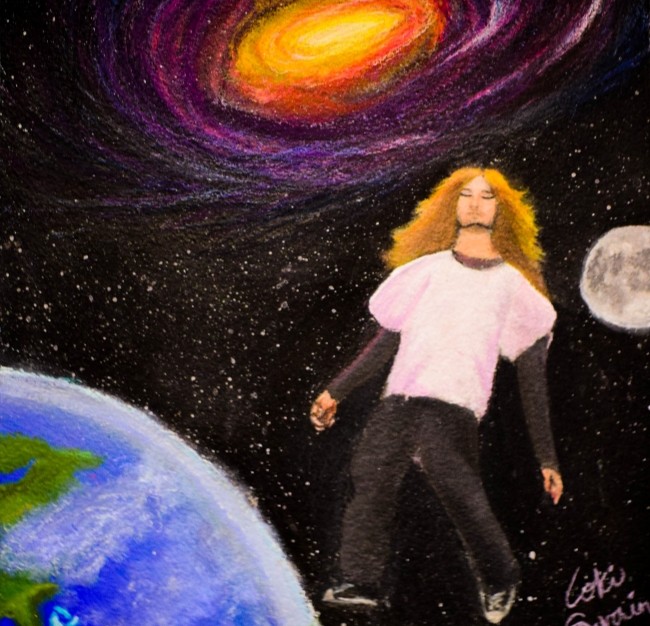
Art Competition
Dr. Gupta organizes a variety of community outreach activities that happen during the Astronomy Open House. Examples include public talks, astronomy trivia competitions, and astronomy art competition for all ages (photo). The art submissions were displayed in Lewis Hall, home of the Department of Physics and Astronomy as well as the Center.
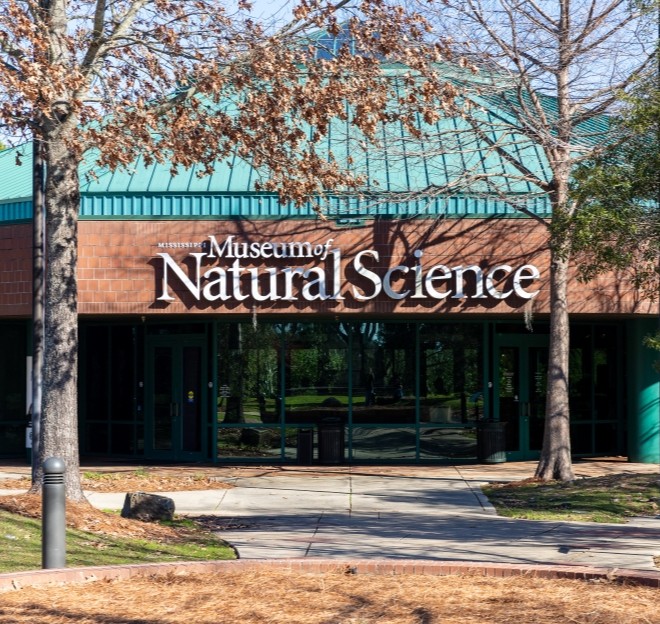
Moonlight, Music, and Meteors
Dr. Nick MacDonald represented the Department of Physics and Astronomy and the Center at the MS Museum of Natural Science in Jackson, MS, for a night of stargazing accompanied by a performance of the Mississippi Symphony Orchestra. He used his 8inch Celestron telescope to provide views of the Moon, showcased images of black holes, and talked about astronomy. He is currently the American Outreach Coordinator for the Event Horizon Telescope Collaboration (EHTC).
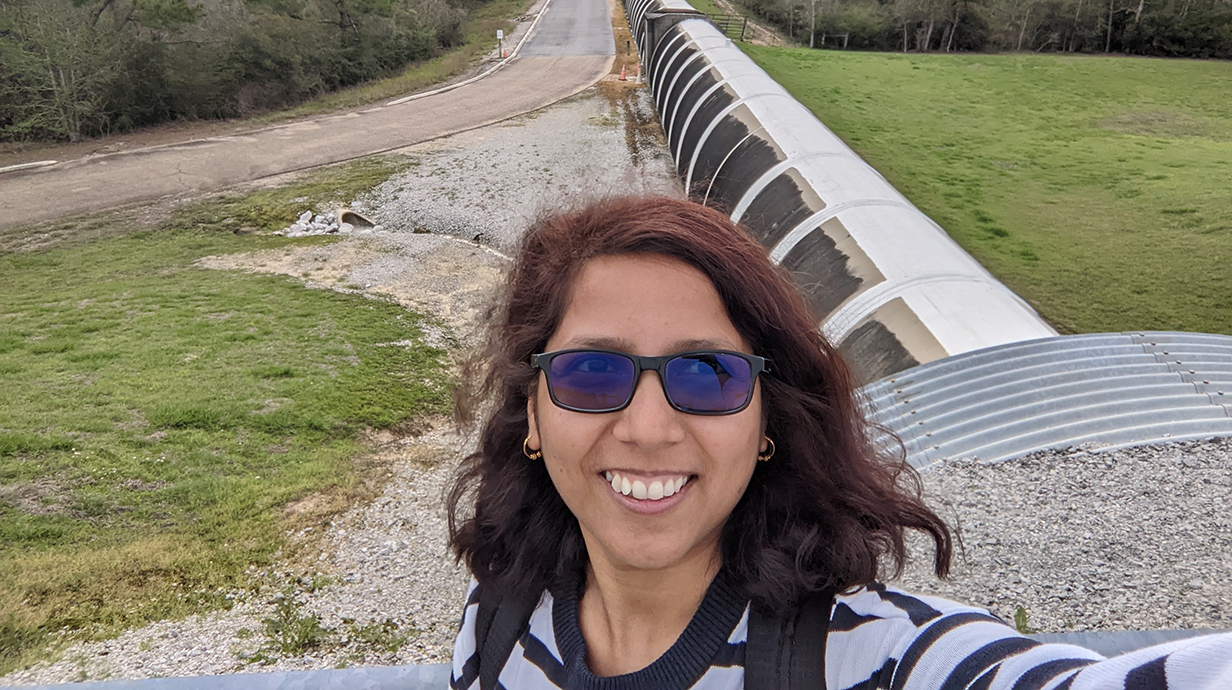
OXFORD, Miss. – University of Mississippi astrophysicist Anuradha Gupta has been selected among 15 recipients worldwide for the 2025 Simons Emmy Noether Fellowship.
-
Faculty News / Honors & Awards
